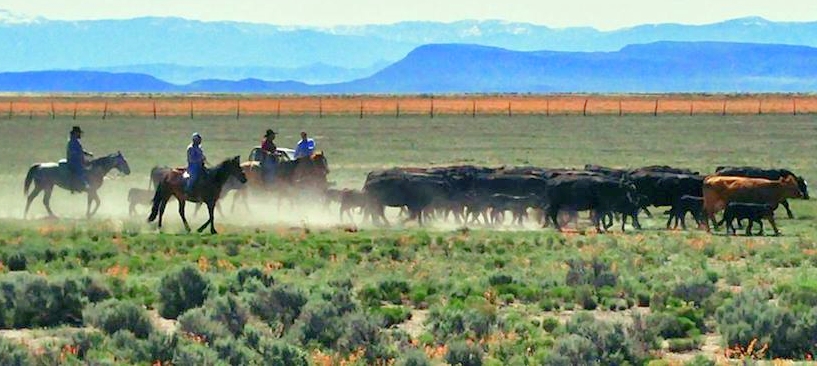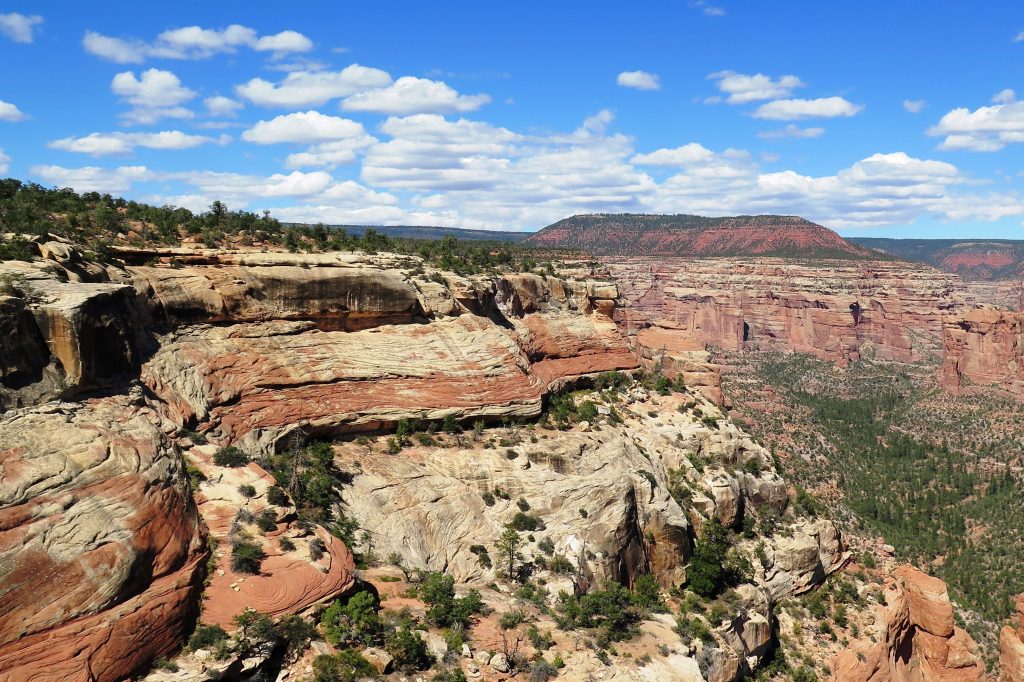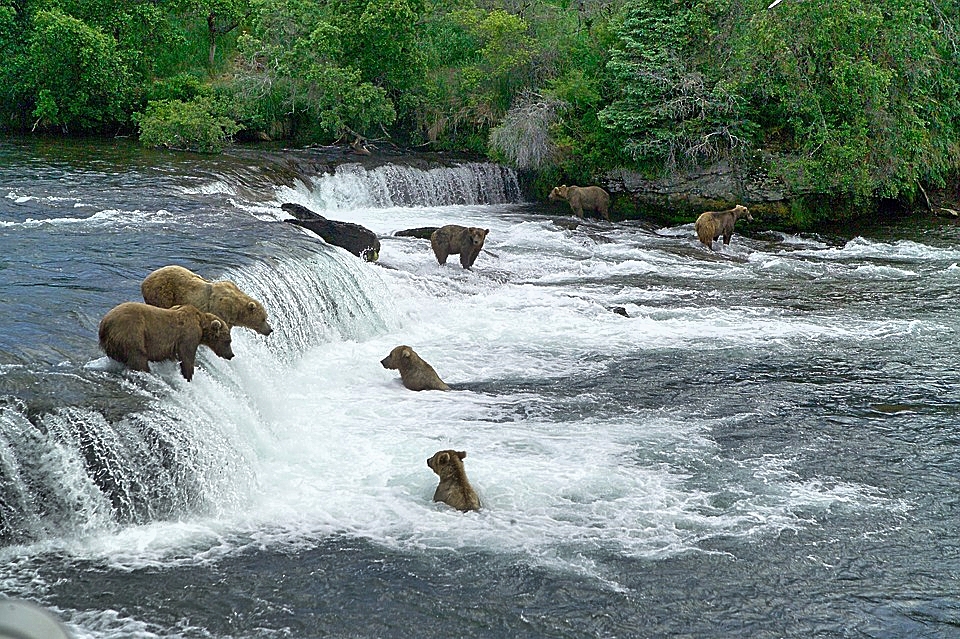Public land ranchers won’t have to worry about their grazing fees skyrocketing or their allotments being sold to developers — if and when Utah gains title to millions of public acres from the U.S. government.
Brian Maffly
Prepping to gain control of thousands of acres of public land, Utah lawmakers create ‘Department of Land Management’
Public land ranchers won’t have to worry about their grazing fees skyrocketing or their allotments being sold to developers — if and when Utah gains title to millions of public acres from the U.S. government.
Passed Thursday in the closing hours of the Utah Legislature, HB407 would tinker with a statute enacted last year setting up a framework for managing public lands now under the control of the Bureau of Land Management, U.S. Forest Service and the Fish and Wildlife Service.
“It makes it so that public lands are managed in a way that they are more accessible to the public [and] stresses the importance of multiple use, specifically for grazing, hunting, fishing and trapping,” Sen. Margaret Dayton, R-Orem, told colleagues Thursday.
Most critically, the bill would put a priority on exchanges for state trust sections over selling the lands.
“Utah is a public lands state and always will be a public lands state. It’s important we get this in statute,” sponsor Rep. Mike Noel, R-Kanab, said while pitching the bill in the House last month.
The provision aims to deflect “erroneous” criticism that Utah officials intend to privatize public lands if they gain control of them.
Sales of land over 100 acres, Noel said, would require approval from two-thirds of state lawmakers, following extensive hearings. Any money raised would be placed in an account devoted to buying other public lands “valuable for hunting, for range and for other recreational opportunities,” he said.
Land-transfer critics, however, believe Utah would have little choice but to limit public access and to sell unprofitable lands to finance the massive cost of administering all the deserts, forests, archaeological sites, mountains, canyons, mesas, river corridors, rangelands and other areas within the 31-million-acre inventory the state seeks.
An economic analysis completed by three Utah universities indicates oil and gas royalties and other public lands revenues, at least those not already consumed by county budgets, would not be sufficient to meet those obligations.
Instead of a division within the Department of Natural Resources to administer these lands, HB407 would establish a stand-alone Department of Land Management once 250,000 acres comes under state ownership or “management responsibility.”
“There are so many existing rights out there, rights of way, oil and gas leases, livestock grazing, pipelines, communications sites. All those are under existing federal regulations and would have to be incorporated into any change in land status. That would be a major can of worms,” Noel said. “We feel it needs to be departmental status.”
The bill also would establish a system for setting grazing fees that considers rental charges for pasturing cattle on private land, beef prices and cost of production.
The legislation would peg the minimum grazing fee to the current federal rate of $1.35 per “animal-unit month” and bar fee adjustments of more than 25 percent from the previous year.
In its original form, HB407 would have created a nominating committee, with one representative from each of Utah’s 29 counties, to select candidates for the job of running the new land agency.
The provision would have ensured rural counties would control who gets the job, but at the urging of Gov. Gary Herbert, Dayton removed it at the last minute. Picking a director will now be left up to the governor subject to Senate confirmation as is typical of cabinet-level positions.’

Free Range Report



Looking at who funds our representatives both at the national and the state level, it is unclear to me why we shouldn’t be very afraid of the lands being sold off. Our representatives get more money from real estate, oil, and gas than from any other industry, except Bishop who gets most of his money from the gaming industry. Multiple uses has much less to do with ranching, fishing, and hunting than with oil, gas, and coal.
They use ranchers to fight their battles while they are indebted to much larger income sources. Do your research including looking at what these representatives report as their donors. It is very revealing.